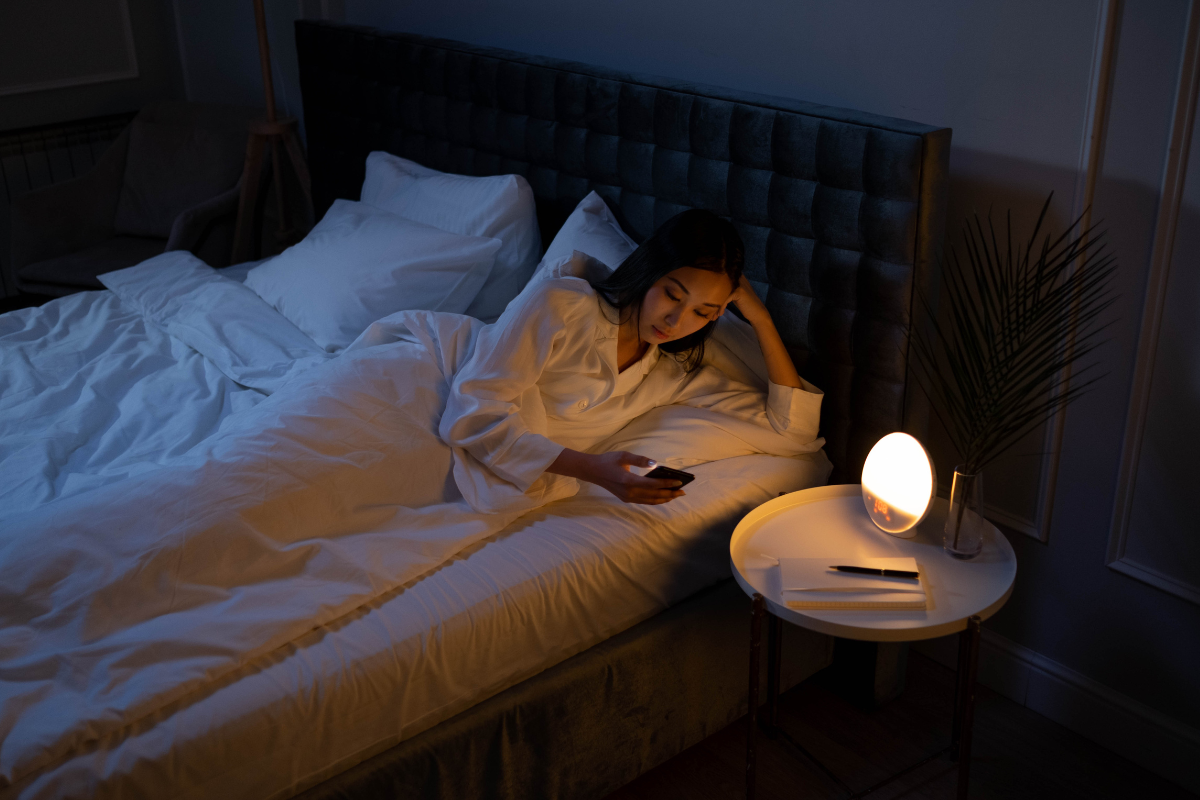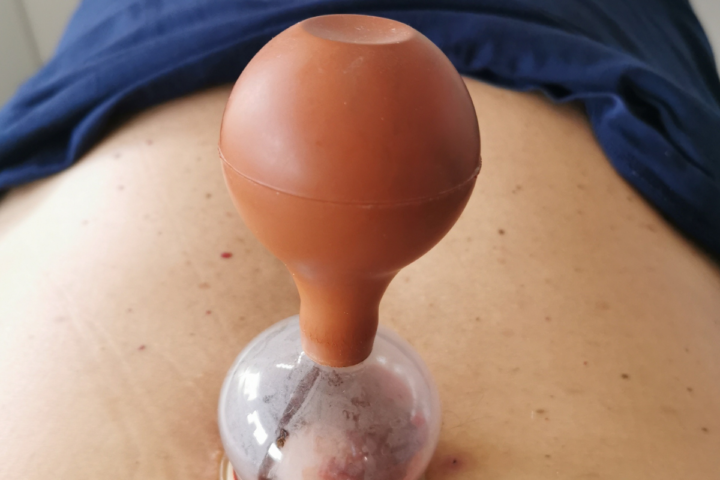Insomnia is a problem related to difficulty falling asleep, quality of sleep or lack of adequate sleep. People affected by this disorder experience chronic fatigue, have difficulty concentrating, learning and a weaker immune system. The causes of insomnia can be varied. The most common include an irregular day and night rhythm, an unhealthy lifestyle, the use of psychoactive substances or excessive stress in daily life. Sometimes insomnia can result from taking certain medications or be linked to the course of illnesses. If insomnia symptoms persist, it is advisable to consult a doctor to determine the source of the problem. Sleep quality disorders are also commonly seen in older people, which is often due to age-related processes and associated illnesses. What herbal remedies will help with insomnia?
Herbal medicine, or phytotherapy, is a branch of natural medicine that uses the healing properties of plants and herbs to treat various health ailments and promote general health.
Why can't you sleep?
Looking for an answer to this question? In order to reliably answer it, it is useful to first carefully analyse your daily rhythm and lifestyle. Many people experience sleep problems that can result from not following basic sleep hygiene principles. There are many factors that can affect the quality of sleep. Examples include lack of physical activity, frequent naps during the day. In addition to this, excessive consumption of substances that stimulate the nervous or circulatory system, such as caffeine, alcohol or nicotine. In addition, the use of devices that emit blue light, such as smartphones or monitors, before bedtime can negatively affect the ability to fall asleep. Scientific studies show that blue light shortens the REM phase, which is crucial for deep sleep.

Prolonged exposure to lighted rooms at night can also interfere with sleep as it affects the secretion of melatonin, the sleep hormone. In addition, diet, both the type of diet and the amount of food eaten in the evening, is important for the quality of sleep. Sleeping conditions, such as bedroom temperature, noise levels and the quality of the bed and mattress, are also important. Nevertheless, the most important factor negatively affecting sleep is stress. Stress can significantly interfere with the ability to fall asleep and maintain deep sleep.
Insomnia and natural methods
Natural methods for insomnia are an effective solution! However, it is worth stressing that they work provided your sleep problem is not due to a serious health problem or medication. Start by regulating your day and night rhythm and following a sleep hygiene regime. This may help you to improve the quality of your sleep. However, in many cases, action proves to be insufficient. This is why many people wonder what herbs can be used to achieve restful sleep.
Among the most effective herbs For improving sleep, valerian, hops cones, passionflower herb, lemon balm and chamomile are mentioned. These herbs are available in a variety of forms, including dried herbs, tablets, capsules, liquid extracts and herbal medicines prescribed as dietary supplements. In addition to herbs, it is a good idea to ensure that you are providing your body with B vitamins, vitamin D, magnesium, omega-3 fatty acids and lecithin, which can support sleep.
Herbal medicines for insomnia
Medicines based on plant extracts, primarily valerian, are often the first choice in treatment of insomnia. Products containing valerian have a calming effect on the nervous system, and have a beneficial effect on the mechanism associated with the GABA system. They stimulate the secretion of melatonin, a sleep-regulating hormone. Passionflower herb is an extremely important herbal raw material, especially recommended for people with sleep problems. Preparations show sleep-inducing, anti-stress and anti-anxiety properties and counteract the symptoms of depression. Fresh lemon balm herb extract, on the other hand, is a herbal remedy recommended for mild nervous tension and sleep difficulties.

However, it is worth remembering that herbal medicines should not be combined with synthetic drugs that affect the nervous system, such as anti-anxiety drugs, sedatives or antidepressants. Herbs can interact with synthetic drugs, which can lead to unexpected changes in their effects and side effects on the body. Pregnant and breastfeeding women should always consult their doctor about the use of dietary supplements and herbs for improving sleep. To use herbal medicines safely, it is advisable to read the leaflet that comes with the product.
Herbal medicines for insomnia in children
Chamomile is one herb that helps with sleep and is safe for children. Also known as an allergy and psoriasis remedy, it has calming properties. Infusions of chamomile cause gentle sedation. In addition, they are safe for young childrenThey can be given from the first months of life. It is best to prepare diluted infusions. Chamomile helps with insomnia mainly due to its spasmolytic properties.
Another safe herb for sleep for both children and adults is linden. Lime blossom tea has a wide-ranging effect, thanks to the presence of farnesol, one of the components of lime essential oil, which has calming properties. In addition, linden is rich in mucilaginous substances. This makes its infusions effective in relieving hoarseness and coughs. Therefore, if you are wondering what herbal remedies can help with a sore throat, linden is certainly a good choice.




